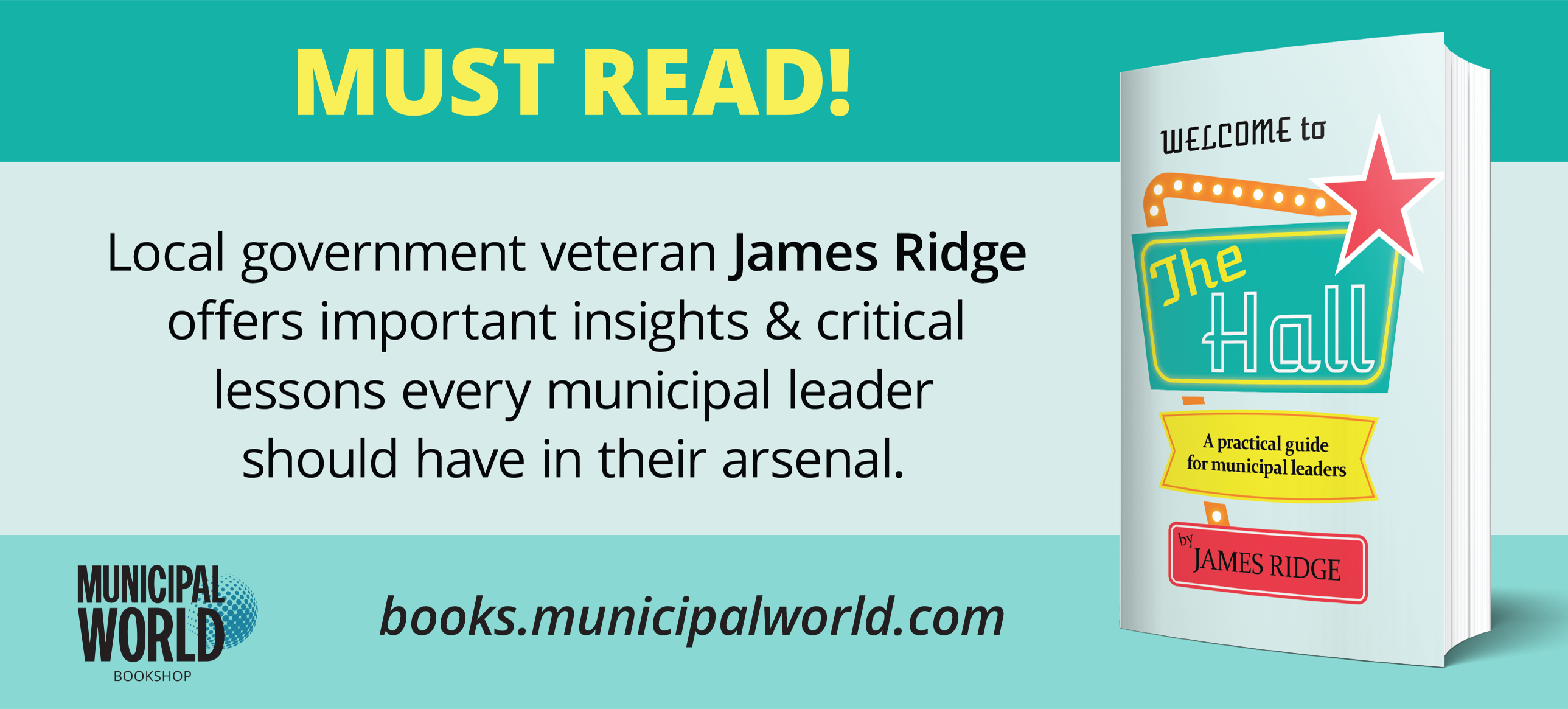Exercising political acumen at work

Four things new hires should know about navigating organizational politics
Surviving and thriving in a politically charged environment can be challenging, certainly. But there are a few “insights” that can help put things in the proper perspective.
1. The person who hired you is not your friend.
The first step to getting into any organization is getting hired. It can be a long and difficult process. It starts with searching online for that perfect job, sending in a resume, and then enduring the long wait for the first interview. With the first interview in the rear-view mirror, the call comes for the second interview and then the job offer: “They picked me. Out of all the candidates, I was the best.”
To this point, the candidate had a guide – a sherpa – the human resources officer. They were there throughout the process, facilitating the meetings and giving advice. To the candidate, the HR officer is a friend. To the HR person, the candidate is a task. Their job was to find the best person for the job at the best price. When that’s over, they are on to the next task – the next candidate.
This leaves the new hire in a difficult spot. They are alone in a big new place and their only friend has moved on.
2. No matter what you know, you are the new kid on the block.
People are creatures of habit and, for the most part, do not take to change well. From as complicated as work process to as simple as who sits where in the lunchroom, there is a structure of things – and new people upset that order.
This is usually when the “newbie” makes the first mistake. In trying to fit in, they simply try too hard. They talk about their successes at their former job, they talk about their buddies in their old department, and they try to push into an existing hierarchy – all in the hope of being accepted. The strategy is destined to fail and, rather than being welcomed into the group, the person is forced to the periphery.
3. There is the organizational chart … and then there is what is really going on.
In every organization, there is a political reality. The employees have organized themselves to do the work in the most efficient manner possible and that is never described in the organizational chart.
Each organization, and groups within the organization, will know “how things are really done around here.” The informal system is based on relationships, both formal and informal, years of learned practice, trial and error, and shared history – none of which can be shown in an organizational chart.
Until the new employee understands the real organizational politics, they will be an outsider looking for a way in.
4. Emotional intelligence is your most valuable skill.
No matter what an employee does within an organization, the most important skill they must develop is emotional intelligence.
Getting ahead in any organization depends on understanding that everyone at work is a person first. They do not leave their aspirations, dreams, and fears at the door when they get to work – and they do not fit neatly into a job description or an organizational chart.
Navigating the Political Waters
The goal of any employee is to not only survive at a job, but also to thrive in it. Many fail because they believe they were hired for their technical expertise. This is only partly true.
The truly successful – at any job – know that it is about people. Those who do not understand this will find themselves stymied and on the outside looking in ‒ it is never a pleasant place to be. MW
✯ Municipal World Insider and Executive Members: : Beyond administration and compliance. Note that you can now access the complete collection of past articles (and more) from your membership dashboard.
Norman Leach is an Edmonton-based international business consultant, author, and historian who explores the intersections of government, business, and citizens.
Related resource materials:



